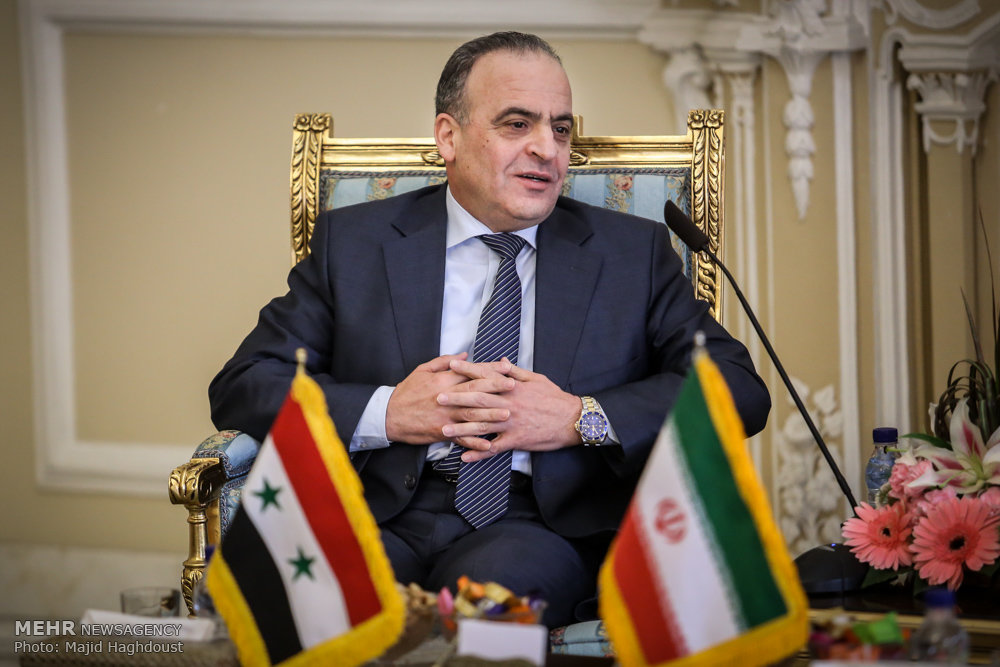Syrian PM says terrorists should pick between ‘withdrawal’ and ‘death’

TEHRAN – Amid mediation efforts in Astana to work out a solution to the Syrian crisis, Prime Minister Emad Khamis has said no peace accord will endure in the country unless terrorists either “withdraw” or are “killed.”
“Foreign terrorists have to pick between withdrawal and being killed,” Khamis was quoted by the IRIB as saying on Sunday.
However, “The Syrian government welcomes those opponents who think of a return to the country with open arms.”
The Syrian official emphasized political dialogue with the opponents, but emerged pessimistic toward the Astana peace talks.
“Negotiations won’t certainly bear fruit as long as terrorists are in Syria.”
Brokered by three countries of Iran, Russia, and Turkey in December 2016, the Astana talks, due to start on Jan. 23, aim to lay the groundwork for more intra-Syrian negotiations.
The delegation of rebels that will attend the talks with the Syrian government represents only part of the moderate opposition that has fought Assad in a loose alliance known as the Free Syrian Army, according to Reuters.
Most are from groups fighting in northern Syria with the backing of Turkey. Other rebel groups seen closer to the United States and Saudi Arabia have been left out.
Commenting on the talks, Khamis underscored that consolidating the Turkey-Russia-declared ceasefire and “withdrawal of terrorists from Syria are part of the Astana talks.”
The ceasefire has been in force since late December.
While delegations from Iran, Russia, and Turkey are involved in the negotiations, Khamis stressed that the negotiations will be intra-Syrian.
“The Astana talks will be intra-Syrian because the Syrian nation won’t allow foreign countries to decide their fate.”
The Syrian government has announced from the outset that all negotiations weather held inside or outside the country should be intra-Syrian, he added.
He also touched upon Syria’s redlines in the negotiations, saying Damascus won’t back away from its principles already known to all sides in the previous negotiations.
The negotiations don’t mean Syria will stop fighting terrorism, Khamis pointed out, explaining, “We don’t compromise with the terrorists who have committed crimes in Syria, and believe no peace treaty will endure as long as they are in Syria.”
In making the comments he was referring to foreign-backed terrorists, particularly those sponsored and armed by “Turkey and Saudi Arabia.”
People familiar with the talks doubt if the Astana negotiations will result in any tangible outcome.
In a recent interview with BBC, Kremlin spokesman Dmitry Peskov stated that any deals on Syria are unlikely to be reached at the upcoming Astana talks on the Syrian crisis settlement, as too many parties are involved in the process.
The negotiations also showed widening gap between Iran and Russia, both supporting President Bashar al-Assad, over the participation of the U.S. in the negotiations.
Russia has announced the difference is complicating the talks, saying, “It is obvious that without the United States it is impossible to resolve the Syrian issue.”
AK/PA
